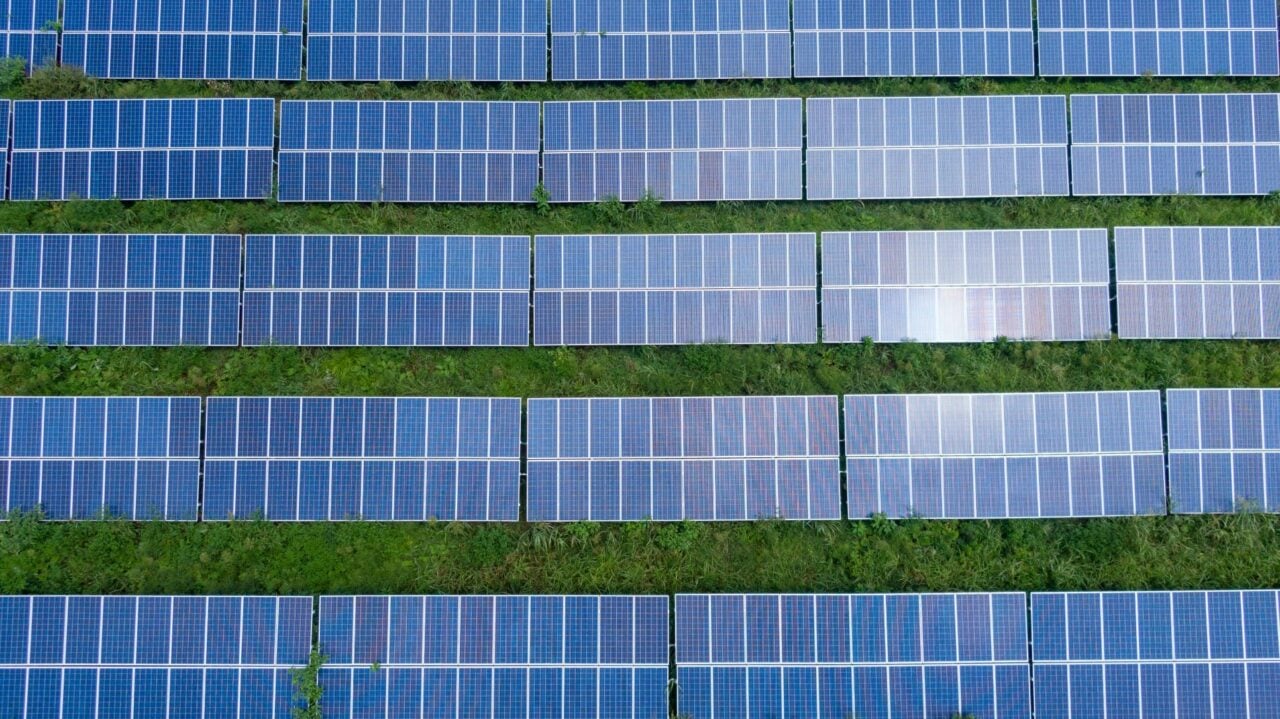
Image: Pexels.
A Parliamentary debate held in Westminster Hall yesterday (19 July) highlighted concerns from Conservative MPs over the deployment of solar.
Conservative MP Caroline Noakes chaired the debate, which Johnson used to call for government action to stop a ‘plague’ of solar farms. She was joined in the criticism of overdevelopment of solar farms by other Lincolnshire MPs like Sir John Hayes and Sir Edward Leigh.
Dr Johnson said she was concerned by the spread of large scale solar farms, which dramatically alter the landscape, with “villages surrounded by a sea of solar panels”. Local residents “lack effective means to stop such plans”, she said, calling for greater transparency and a sense of ownership for local communities in the consultation process.
Johnson continued: “I was informed yesterday that there are 12 Nationally Significant Infrastructure Project (NSIP) applications currently in progress in Lincolnshire of large solar farms including Beacon Fen, Springwell, Heckington Fen, and Fosgreen Energy, which all appear in my constituency. I’m also reliably informed that there are a further two NSIP solar applications in the pipeline for North Kesteven.”
“However, it was notable as of yesterday there was only one small scale application to our local council. So the government needs to reflect in my view on why it’s created a planning system for solar panels that drives applications of the NSIP scale such that we have so many NSIPs in Lincolnshire and so few small scale applications comparatively,” she added.
The upgrade of substations on the electrical network had acted as a magnet for speculators seeking to cash in, Johnson said, adding that overdevelopment of solar farms was affecting house prices. She concluded by saying the UK should prioritise industrial and brownfield land for solar farms, and place them on commercial rooftops.
Many Conservative MPs raised concerns about food security, with some like James Gray (Conservative, North Wiltshire) saying that 3B quality agricultural land should be off limits to solar development.
Sir John Hayes (Conservative, South Holland and the Deepings) said we can’t have food security and give up land for onshore solar and wind.
Liberal Democrat MP Richard Foord, who represents Tiverton and Honiton in Devon, responded that his constituency had many solar farms too, and that solar and wind are two of the quickest and cheapest forms of electricity.
The Conservatives face losing a trio of byelections this week in three different parts of the country, but are vulnerable in rural areas of the South West like Somerset and Frome, which the Lib Dems expect to win. Tory MPs asked Foord to clarify whether his party was in favour of building solar on agricultural land or not.
Foord said he would be in favour of more smaller solar farms, rather than large ones. He said: “I’m not in favour of the particular concentration of solar farms in my patch.” While his party were in favour of renewables generally, some projects were too large and needed to be dispersed, he added.
“To sum up, if we’re going to invest in schemes like this, they’re going to need a lifespan that is not too long and we’re going to need sustainable energy solutions that work with farmers and local communities so we can take people with us,” Foord concluded.
You can read the full article on Solar Power Portal’s sister publication Current±.

